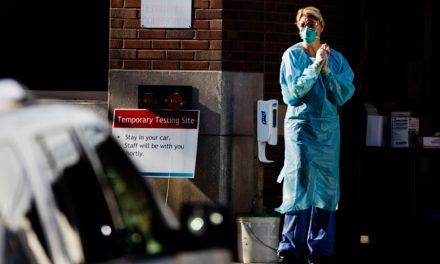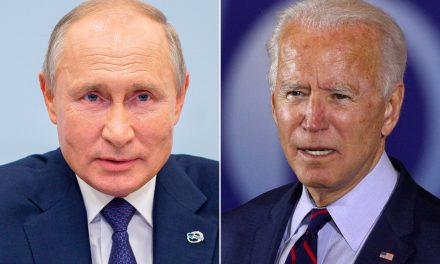STUTTGART, Germany, Oct. 25, 2020 /PRNewswire/ —Good performance by Group and divisions, despite lower unit sales and revenue, due to improving markets, strong products and diligent cost discipline
Industrial net liquidity of €13.1 billion (end of Q2 2020: €9.5 billion)
Positive momentum from market and cost measures in third quarter expected to be continued in fourth quarter
Daimler expects EBIT for fiscal year 2020 at the prior-year level
Significant increase of industrial free cash flow anticipated in 2020 compared to fiscal year 2019
Daimler AG (ticker symbol: DAI) today reported its results for the third quarter, which ended September 30, 2020. The key figures reflect a good performance based on improving markets and strong products, combined with diligent cost discipline and extensive cash-preservation measures. The Group’s total unit sales decreased by 8% to 772,700 cars and commercial vehicles (Q3 2019: 839,300) and revenue slipped by 7% to €40.3 billion (Q3 2019: €43.3 billion). EBIT increased by 14% to €3,070 million (Q3 2019: €2,690 million). Adjusted EBIT, reflecting the underlying business, was €3,479 million (Q3 2019: €3,142 million) and net profit was €2,158 million (Q3 2019: €1,813 million). The high free cash flow of around € 5.1 billion in the quarter reflects the continuous efforts in cost-cutting and cash-preservation measures as well as the positive operating performance across all divisions. Additional positive factors are the dividend from the Chinese joint venture BBAC of €1.2 billion, positive contributions from working capital and seasonal phasing impacts.
Harald Wilhelm, Member of the Board of Management of Daimler AG, responsible for Finance & Controlling/Daimler Mobility: “Our strong product portfolio and the positive market recovery drove us to a good performance. We have successfully pushed forward our comprehensive efforts regarding cost control and cash management. With this momentum, we are on track to make our business more weatherproof. However, the transformation of Daimler is a long-distance race. We are keeping up the pace with focus and full discipline.”
At the end of the third quarter, the net liquidity of the industrial business was €13.1 billion (end of Q2 2020: €9.5 billion). The free cash flow of the industrial business was at €5,139 million (Q3 2019: €2,819 million). The adjusted free cash flow of the industrial business was €5,345 million (Q3 2019: €2,931 million).
Unit sales by the Mercedes-Benz Cars & Vans division decreased by 4% to 673,400 vehicles in the third quarter (Q3 2019: 705,000). Despite that, adjusted EBIT increased to €2,417 million (Q3 2019: €1,868 million) and adjusted return on sales to 9.4% (Q3 2019: 7.0%). Improved pricing and a significant reduction in fixed costs had a positive impact on earnings. Earnings were adversely affected by restructuring expenses (€297 million), including the initiated cost-optimization program (€229 million) and expenses for the adjustment and realignment of capacities (€68 million) within the global production network in connection with the intended sale of the car plant in Hambach (France). Both initiatives will reduce fixed costs in the medium and long term.
The Daimler Trucks & Buses division showed a decrease in unit sales of 26% to 99,300 vehicles in the third quarter (Q3 2019: 134,300). Adjusted EBIT amounted to €603 million (Q3 2019: €838 million) and adjusted return on sales was 6.5% (Q3 2019: 7.3%). Earnings were negatively affected by declining volumes, primarily caused by contracting markets due to the ongoing COVID-19 pandemic. The measures introduced led to cost reductions in all functional areas. In particular, a significant reduction in fixed costs had a positive impact on earnings. The division recorded a significant increase in order intake in most key regions compared to the previous quarter, also compared to third quarter of 2019 in Europe and North America.
At Daimler Mobility, new business increased by 2% to €18.7 billion in the third quarter (Q3 2019: €18.3 billion). Adjusted EBIT amounted to €601 million (Q3 2019: €469 million) and adjusted return on equity was 16.5% (Q3 2019: 13.5%). Positive effects were recorded mainly due to the measures implemented to improve the cost position. Furthermore, as a result of the response to the COVID-19 pandemic in the first half of 2020, no further additions to credit-risk provisions were necessary in the third quarter of 2020.





